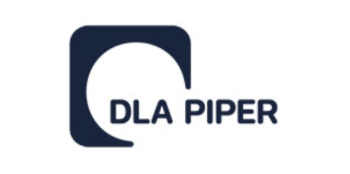Outsourcing agreements in the highly regulated insurance sector often fall victim to its regulatory framework, with stringent obligations in terms of the content of agreements, internal procedures and formalities to be followed.
In this respect, IVASS – the Italian insurance regulator – issued Regulation 20 of March 26 2008 (recently amended by Measure 17 of April 15 2014) setting out a strict regime for insurers that outsource services to third parties. Apart from the internal controls to be put in place, IVASS has issued the following provisions:
- Insurers must not outsource all of their main activities – that is, they cannot become empty shell companies. For example, the assumption of risks cannot be outsourced and the outsourced services do not exempt the insurer's management from its responsibilities.
- The modalities of outsourcing must not:
- affect the quality of the insurer's governance system;
- affect the insurer's financial results and stability;
- affect the insurer's ability to provide continuous service to its clients and damaged parties; or
- lead to an unjustified increase in operational risks.
- The insurer's board will set the selection and assessment criteria for outsourcees, as well as exit plans.
- Outsourcing agreements must stipulate:
- the clear scope of the outsourced activities;
- the supplier's obligation to comply with applicable laws and promptly report events that might affect the quality of services;
- the insurer's and regulator's audit rights over the supplier's activities, documentation and premises; and
- the insurer's exit rights without major restrictions, where required by IVASS.
The outsourcing of essential or important activities requires prior notification to IVASS; however, it is always a challenge to identify the activities the fall within this scope. Likewise, the broad principles set forth above leave a certain level of discretion, but also uncertainty.
In any case, outsourcing agreements in the insurance sector are interesting projects that require the synergy of different experts from different legal fields.
Giulio Coraggio
This article was first published by the International Law Office, a premium online legal update service for major companies and law firms worldwide. Register for a free subscription



